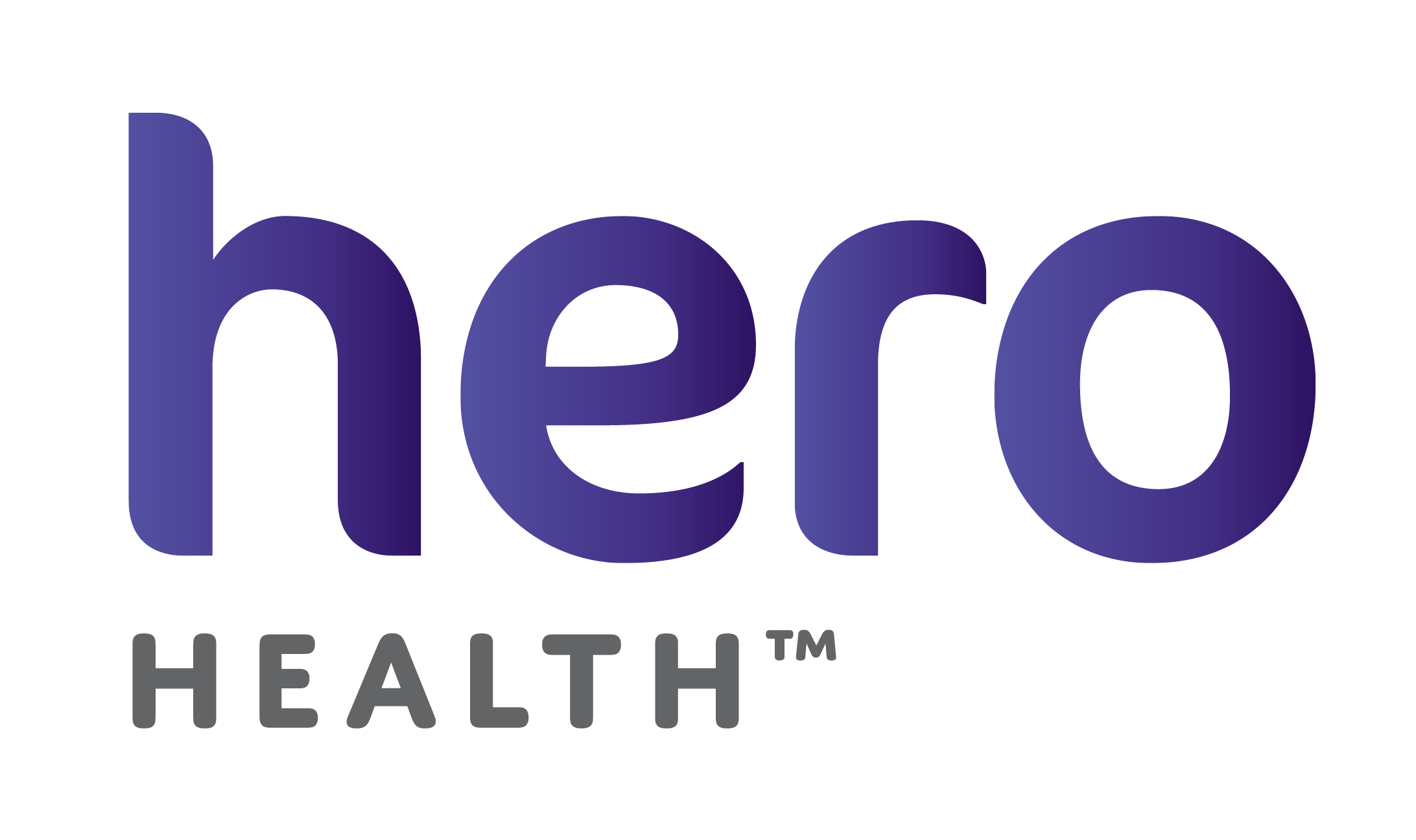Why is providing healthcare to their employees such a headache?
There are several reasons for this, but chief among them is cost as all employers are very aware of the fact that providing healthcare to their employees comes with a high financial burden – to the tune of it being their second or third highest line-item cost.
And to make matters worse, every year it goes up by double-digits without any explanation as to why. This opacity of claims and cost turns into a frustrating mystery for employers as they have no idea as to why it is happening and how their bottom line might be affected.
The reason for the mystery and accompanying frustration stems from the fact that most employers are fully insured or quasi self-insured which means they have minimal access to meaningful information.
In fact, if their increase is only 9% it is met with a sense of surprise and numbness – like “why is it only 9% this year?”
How do most companies handle double-digit increases?
Unfortunately, most employers don’t have the margin to account for these annual increases which leaves them with limited options to address them.
They are often faced with asking themselves questions such as, “Do I make the plan design worse for my employees?”, “Do I shift costs to them?”, “How do I handle this?”, and “What levers can I pull?”
None of the answers to those questions is ideal and it boils down to employers either shifting costs to their employees through out-of-pocket expenses or higher deductibles, or electing to provide a plan that is worse.
What levers are available to employers?
According to Bruce Clarke, Co-CEO of Catapult (formerly CAI), a non-profit membership organization supporting more than 1,300 local employers across North Carolina, employers made a big mistake a few decades ago when they let third parties develop PPO networks.
“Employers don’t own those networks, and if you don’t own the networks and you’re not in the relationship with a provider, then you get what we have gotten, which is out of control costs and prices. And a lot of employers are coming back around to the question of how can we get back to that decision point and get some control over this process?”
How can employers have a meaningful impact?
According to Clarke, in order to have a meaningful impact, it is time to focus on group health.
“We need to expand options and have a significant impact on the value of the healthcare that our employers purchase and make it affordable for our employees to get the care they need and deserve.”
To make that happen, employers need to become self-insured. And what’s true is that being self-insured isn’t as scary as it used to be back in the day.
In fact, becoming self-insured can be done as a bridge between fully-insured and large company self-insured. It is a way for employers to make positive changes so that they are able to protect the value of healthcare for their employees.
Changes that occur for employers once they become self-insured
There are a few positive changes for employers as they become self-insured:
- First, employers are no longer bound to the PPO network as their primary universe for solutions to their employee health problems. For example, instead they can go and contract directly with a group of physicians that give a whole new experience for their employees.
- Second, employers are able to see their data which allows them to see trends related to the health of their employee population. Armed with this data in hand, it allows them to take proactive steps around population health, as an example.
- Third, employers often find that the highest quality provider isn’t always the highest cost provider – interestingly, there isn’t always a strong correlation. So, by doing their homework, employers often find they can get high quality care for a lower cost.
What is also interesting is that employers who become self-insured also find some surprises along the way…
Surprise! Surprise!
- They often find that being self-insured isn’t as scary as they originally thought as the whole process is very well understood and well thought out.
- The healthcare market is not really a market per se as there isn’t exactly a free flow of information. However, once they are able to get actionable data, employers can get outstanding outcomes for a lower cost. And in order to get that positive result all they need to do is engage.
- Those employers who take the plunge and decide to become self-insured typically find that three things occur:
- Their employees receive better care at prices they can afford
- The cost to the employer begins to stabilize or decrease
- The providers themselves are much happier as they can now focus on the delivery of healthcare as opposed to being “the carrier”
So, in the end, it is a breath of fresh air as everyone wins. In fact, it’s a win-win-win!
As Clarke says,
“North Carolinians deserve better health outcomes and better incomes. And that’s why we are promoting Hero Health Plans to our members.”
